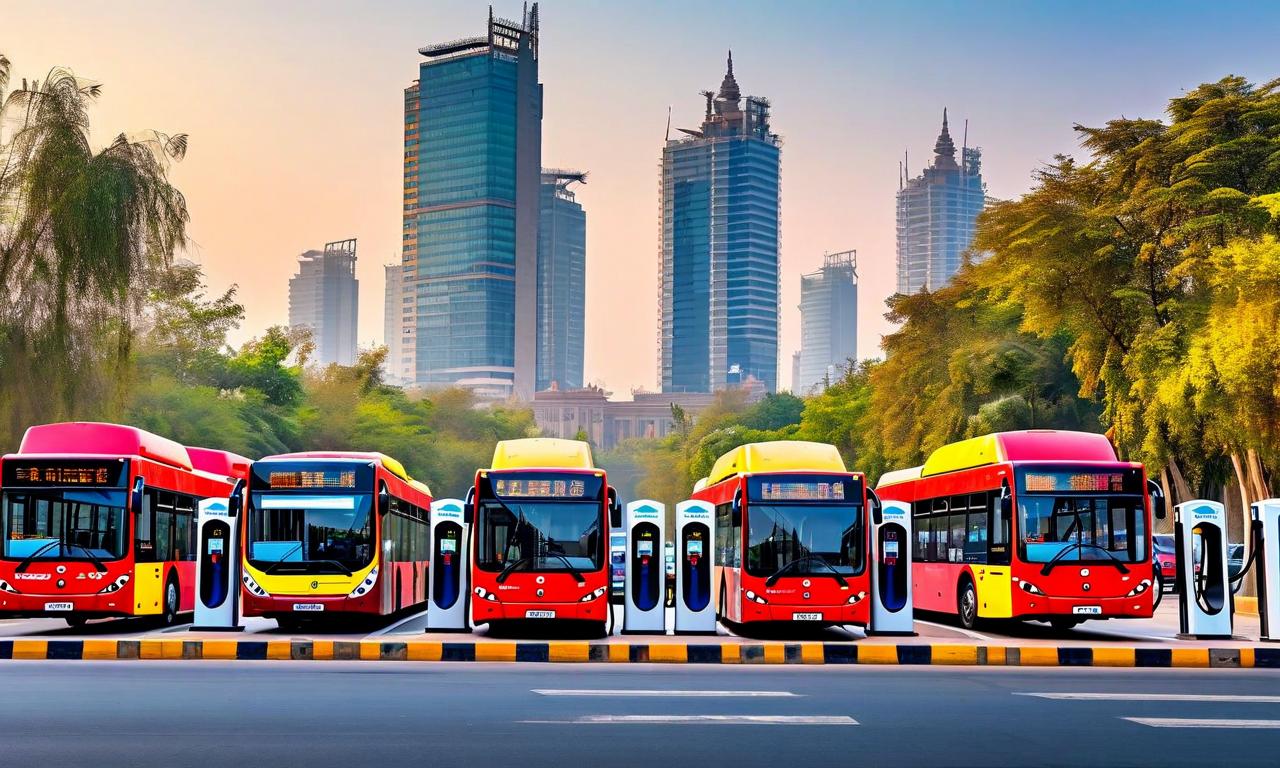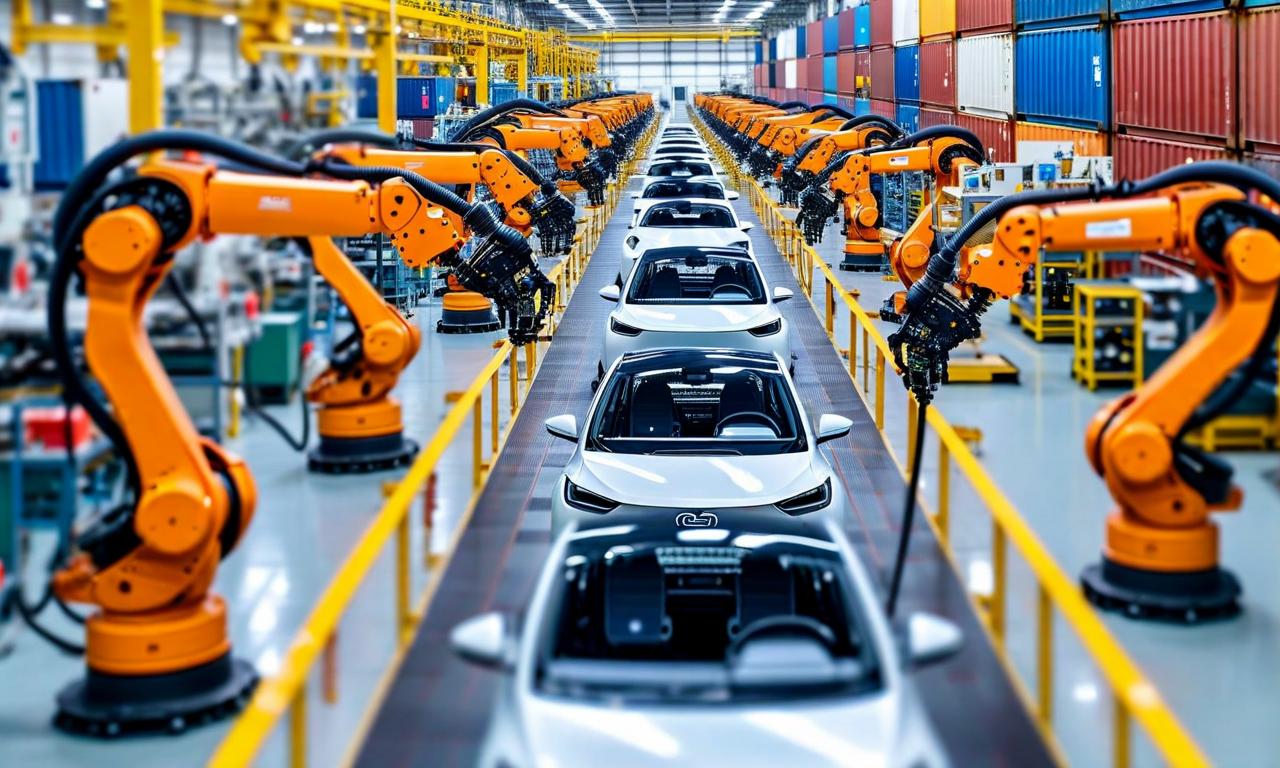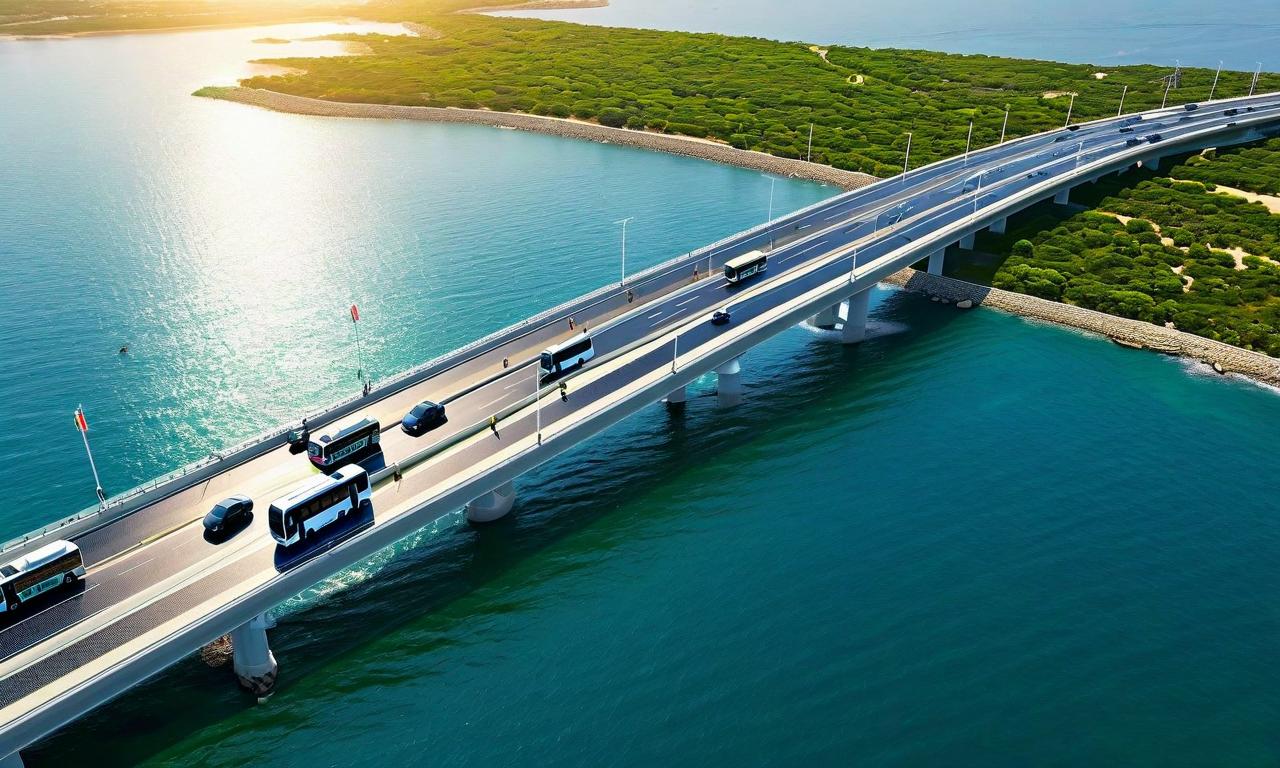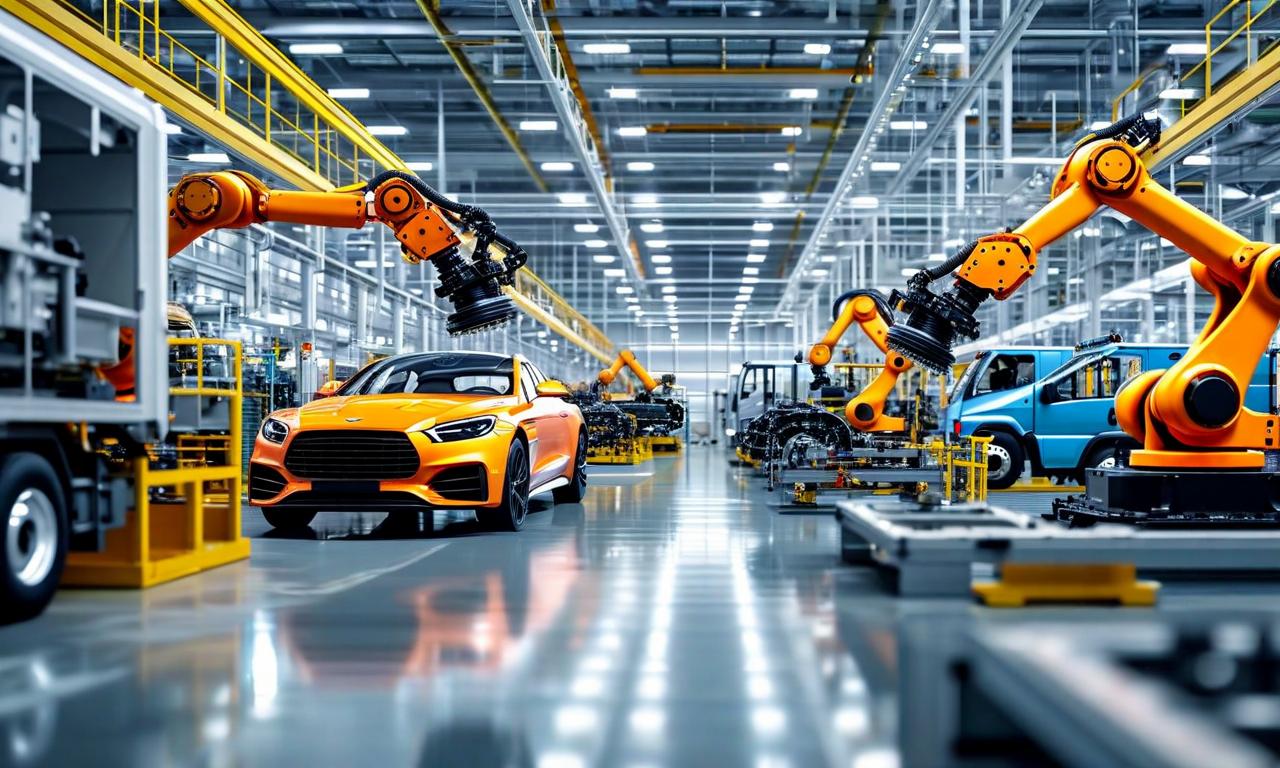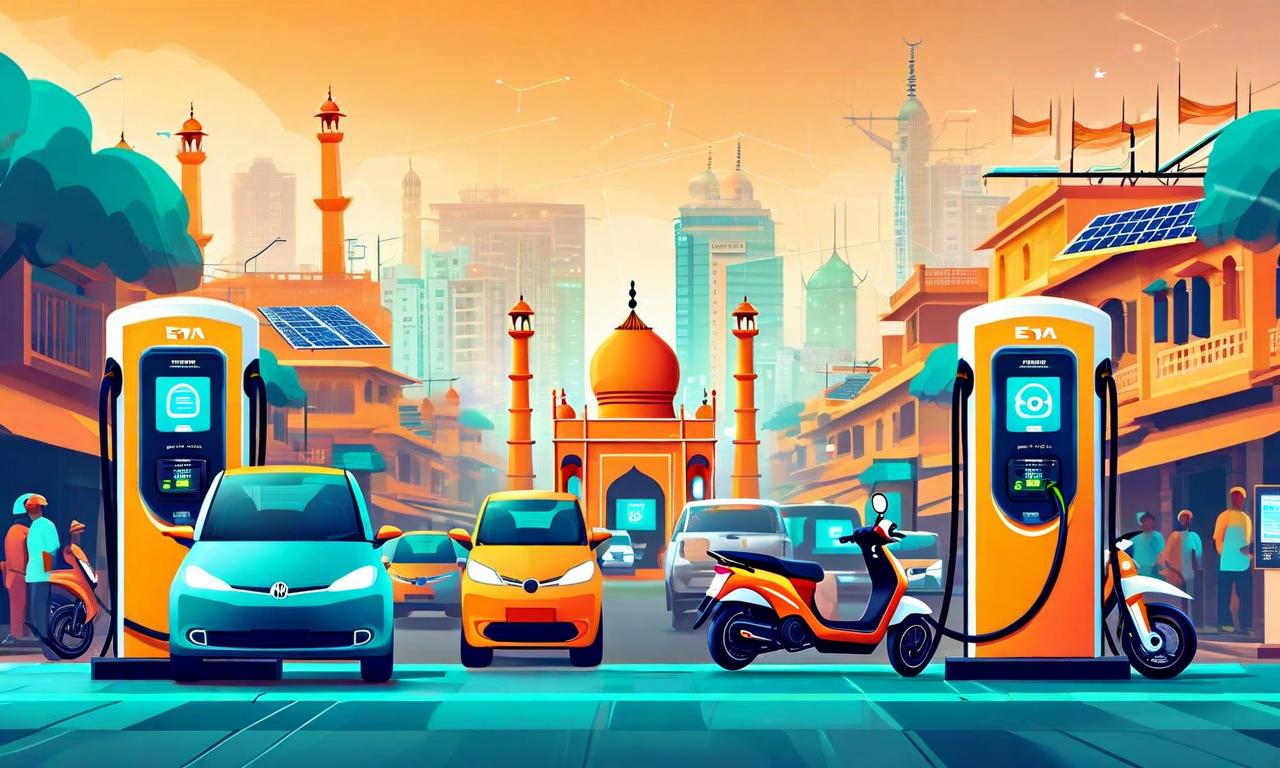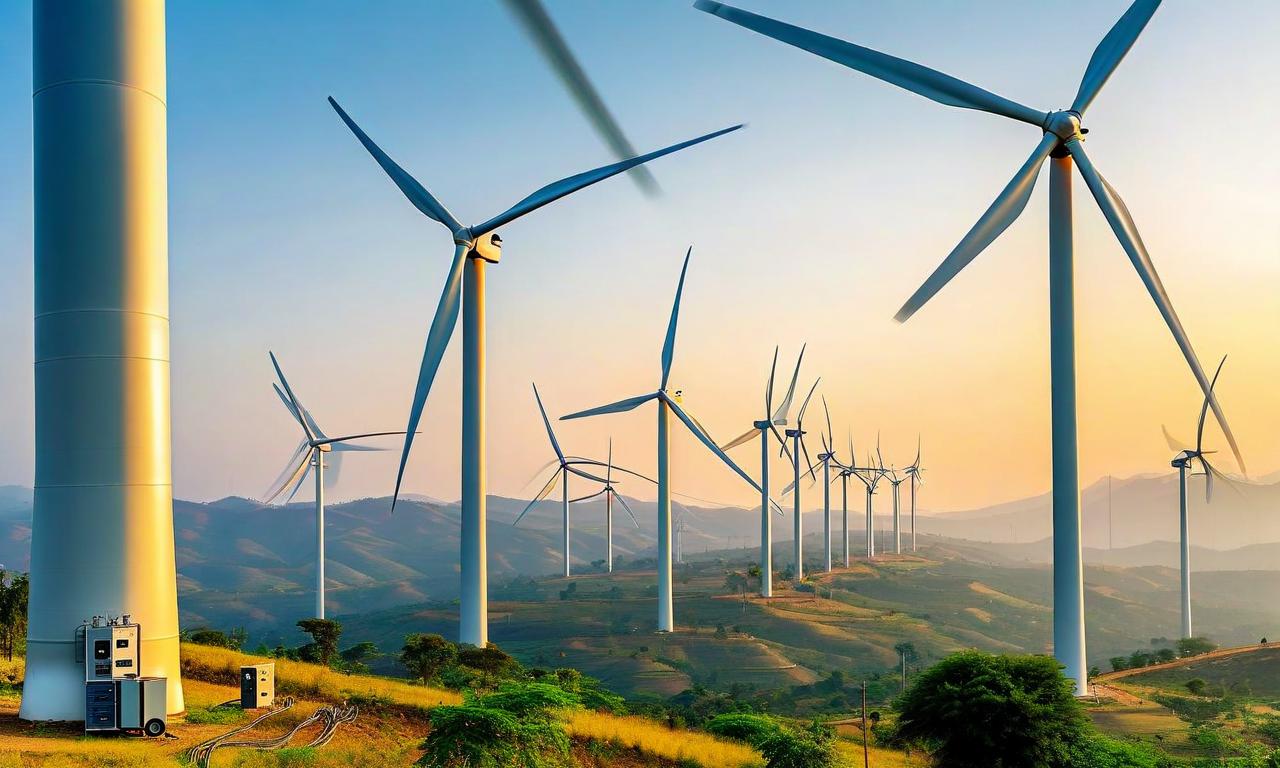GST Council to Deliberate on Proposed Tax Hike for Luxury EVs
A Group of Ministers has proposed increasing GST to 18% for electric four-wheelers priced above Rs 20 lakh, while maintaining the current concessional rate for more affordable EVs. The Central Government opposes changes, preferring to retain the 5% rate across all EV categories. The GST Council will discuss this proposal on September 3-4 as part of broader rate rationalization efforts. If implemented, this could significantly impact EV market segmentation and consumer behavior.
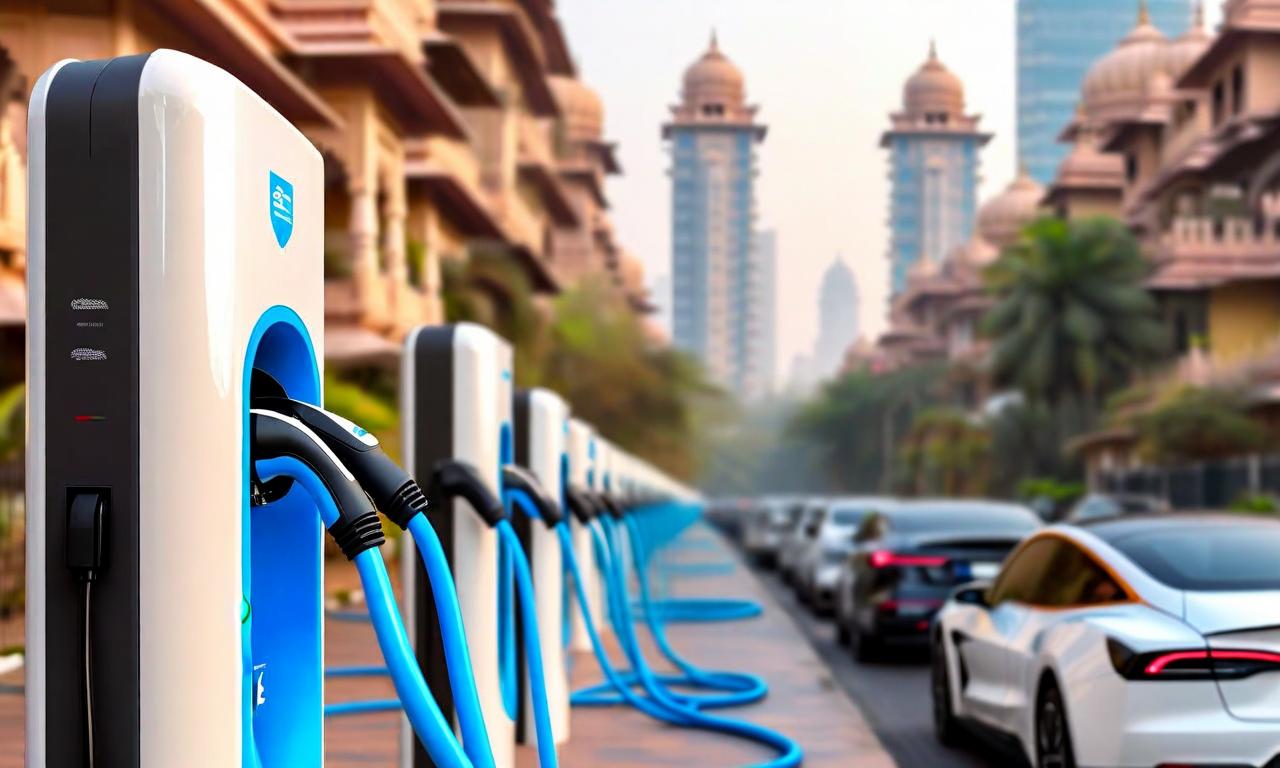
*this image is generated using AI for illustrative purposes only.
The Indian electric vehicle (EV) sector may face a significant policy shift as the Group of Ministers (GoM) has submitted a draft proposal to the GST Council, recommending differential tax treatment for electric vehicles based on their price point.
Key Points of the Proposal
- Luxury EVs: The GoM suggests increasing the Goods and Services Tax (GST) to 18% for electric four-wheelers priced above Rs 20 lakh.
- Affordable EVs: The proposal aims to maintain the current concessional rate for more affordable electric vehicles and electric buses.
- Rationale: The panel argues that a uniform 5% GST disproportionately benefits high-end EV buyers and leads to revenue loss.
Centre's Stance
The Central Government has taken a contrasting position on the matter:
- Opposition to Changes: The Centre opposes any alterations to the current tax structure for EVs.
- Uniform Rate Preference: It favors retaining the 5% concessional rate across all EV categories.
- Objective: The government's stance aims to accelerate electric mobility adoption in the country.
Upcoming Deliberations
The GST Council is set to discuss this proposal during its upcoming meeting:
- Meeting Date: September 3-4
- Context: The deliberations will be part of broader rate rationalization efforts.
Implications for the EV Market
If implemented, this tax revision could have significant implications for the electric vehicle market in India:
- Price Segmentation: A clear demarcation between luxury and affordable EVs based on the Rs 20 lakh threshold.
- Consumer Behavior: Potential impact on purchasing decisions, especially for vehicles priced near the proposed tax bracket change.
- Industry Response: Possible adjustments in pricing strategies by EV manufacturers to align with the new tax structure.
The outcome of the GST Council's deliberations will be crucial for stakeholders across the EV ecosystem, from manufacturers and dealers to consumers. As the electric vehicle sector in India continues to evolve, policy decisions like these will play a pivotal role in shaping its growth trajectory and accessibility to different consumer segments.
